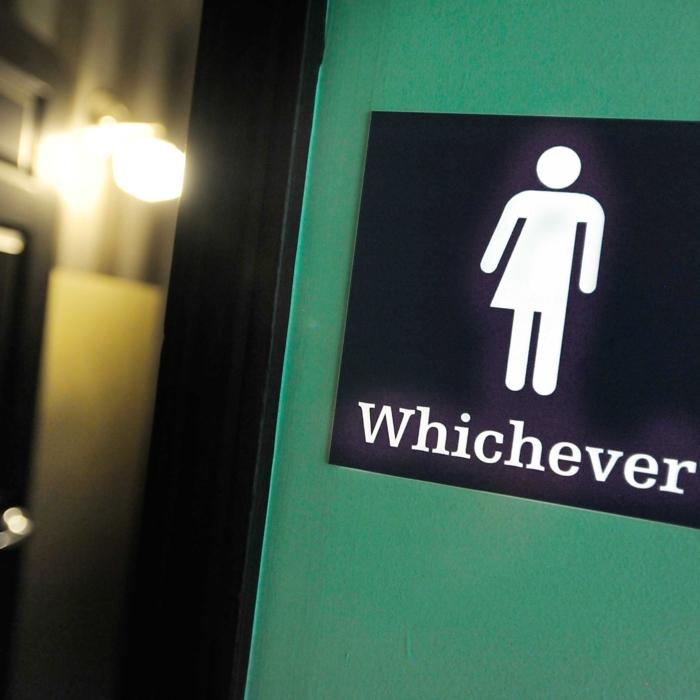Employers could be sued for disability discrimination if they do not make “reasonable adjustments” for menopausal women in the workplace, under new guidance issued by the equalities watchdog.
The guidance continues that under the Equality Act (2010), “if menopause symptoms amount to a disability, an employer will be under a legal obligation to make reasonable adjustments. They will also be under a legal obligation to not directly or indirectly discriminate because of the disability or subject the woman to discrimination arising from disability.”
The equalities regulator adds that women with menopausal symptoms “may also be protected from direct and indirect discrimination, as well as harassment and victimisation, on the grounds of age and sex.”
Fans and ‘Quiet Rooms’ Suggested for Women Experiencing Hot Flushes
Under health and safety legislation, employers have a legal obligation to assess workplace risks, with the guidance saying that includes “workplace adjustments” to support menopausal employees.These include environmental factors, such as how ventilation or room temperature affect women with menopausal symptoms, with the EHRC suggesting “cooling systems or fans for women experiencing hot flushes.”
Employers should also, where possible, “consider providing rest areas or quiet rooms” and “relaxing uniform policies” or allowing menopausal women to wear cooler clothing.
The equalities regulator also suggests “promoting flexibility” with regards to work patterns, including making changes to shifts, working from home, and varying start and finish times.
“This can be particularly helpful on warmer days or when the worker has had a poor night’s sleep,” one video on the EHRC’s website explains. “It can help reduce the impact of menopausal symptoms such as difficulty sleeping, hot flushes, and brain fog.”
Language That Ridicules Menopausal Symptoms Could Be Harassment
Further guidance stipulates that “using language” which “ridicules a worker in relation to their menopausal symptoms could be harassment related to age, sex, or disability.”The EHRC also notes that if a male worker suffered from a health condition with similar symptoms to the menopause and the employer made allowances for it but did not do the same for a woman with menopausal symptoms, “this could be unlawful discrimination unless justified.”
Mims Davies MP, minister for disabled people, health, and work, welcomed the regulator’s advice, saying: “This new guidance will raise even more awareness among the business community and help women by improving understanding of their rights.
1 in 10 Women Left Job Owing to Menopause Symptoms
Chairwoman of the EHRC, Baroness Kishwer Falkner, said that many employers “may not fully understand their responsibility to protect their staff going through the menopause. Our new guidance sets out these legal obligations for employers and provides advice on how they can best support their staff.”“As Britain’s equality watchdog, we are concerned both by how many women report being forced out of a role due to their menopause-related symptoms and how many don’t feel safe enough to request the workplace adjustments,” she said.
The equalities watchdog cited statistics from the Chartered Institute of Personnel and Development (CIPD) which found that two-thirds (67 percent) of working women between the ages of 40 and 60 said their menopausal symptoms have had a mostly negative impact on them at work.







